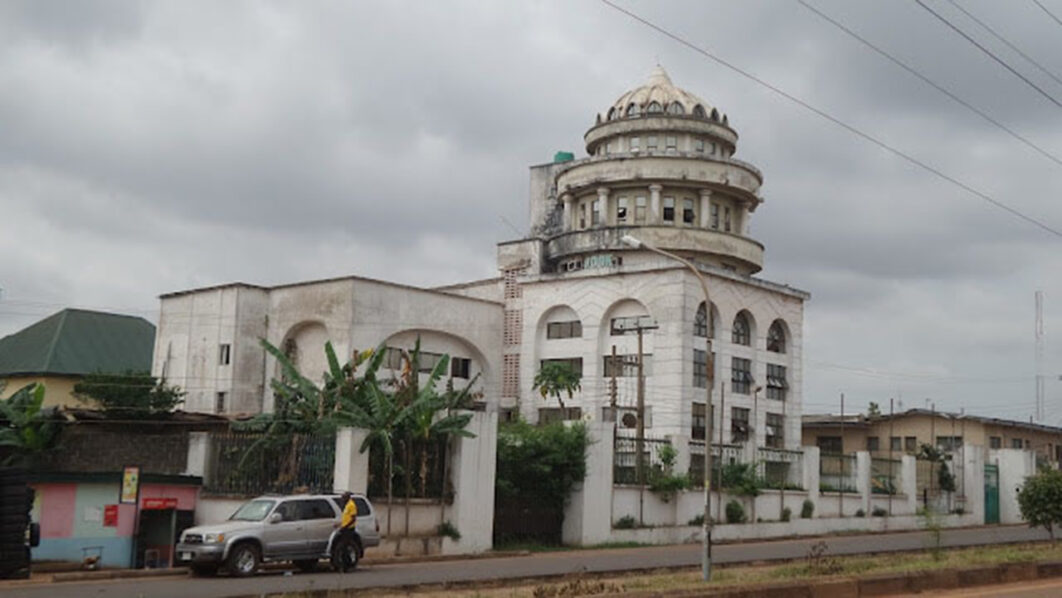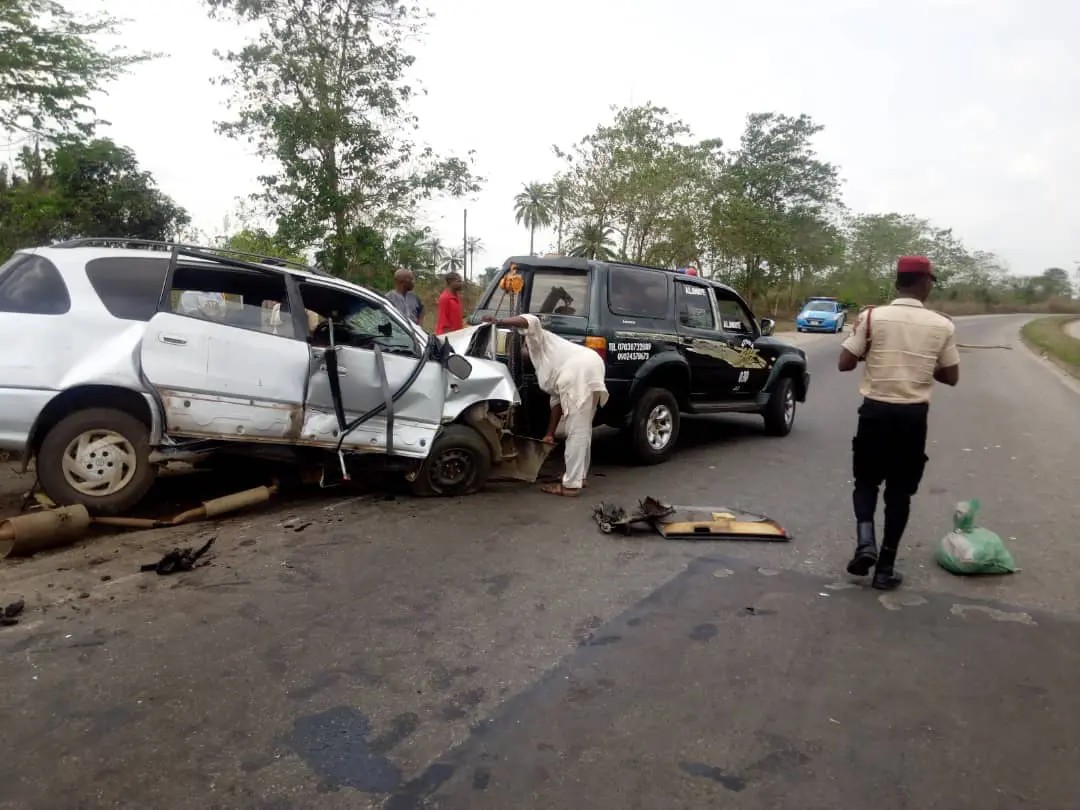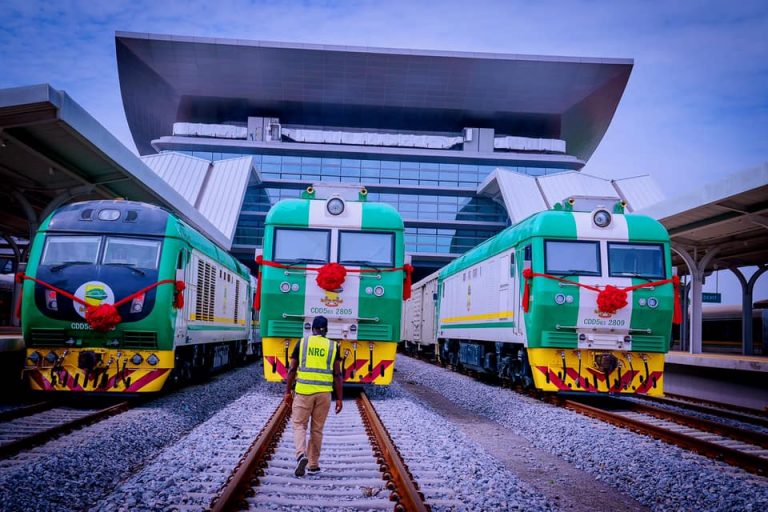
The hospitality industry is a major employer of labour in the South-East region. But of late, rising insecurity, low patronage, and multiple taxation constitute a choke-hold, which is threatening to snuff life off the hitherto bubbly hub, LAWRENCE NJOKU reports.
In May this year, a newly built 40-room hotel, sitting on 1,960 square metre of land, with Dubai-standard furnishing and registered with power of attorney was put up for sale somewhere in Enugu State.
This was barely six months after the facility was opened for business with attendant pomp and pageantry. An inquiry indicated that the owner was no longer interested in the hotel business and decided to put it up for sale “to enable him to invest the money in another business.” He put the selling price at over N900 million.
Part of the challenge that necessitated the selling of the facility, it was gathered, was the high cost of energy, and low patronage among other competing demands that must be met if the business must stay afloat.
Around the Independence Layout axis of the state, one of the hotels that was the toast of residents three years ago has also closed shop following the owner’s inability to cope with rising costs of operations and emerging security threats that have drastically reduced patronage.
Findings by The Guardian indicated that along that axis alone, about four hotels that closed operations two years ago, have had their facilities converted to other uses other than providing hospitality for visitors and residents of the state.
Such big hotels as The Hotel, Jook, and Astra have closed in Enugu. In Anambra State, there is the Jonaeb Inn; Barnhill; Old English; Tourist Garden; White View; Nkisi Resort, and Marble Arc among others, while Grace Court Suite and Mayor Hotel have closed shops in Ebonyi state. Grace Court is now a hostel for students.
Even as low patronage occasioned by rising insecurity and other operational challenges are forcing these operators out of business in the South-East region, the majority of those that are still in operation can barely generate enough funds to effectively run their operations and meet other statutory demands such as payment of staff PAYE tax, development levy, and companies withholding tax to the government.
And in their bid to get them to live up to their responsibilities to the government, some state governments have deployed their revenue enforcement teams to seal them up even with guests inside.
The return of democracy in 1999 boosted the hospitality business in the South-East region. Consequently, hotels which before then existed in few locations in the region, especially in the state capitals leveraged the civilian rule to spread even into rural communities to the extent that the sector became one of the highest employers of labour, and a major source of revenue generation for governments in the South-East.
At some point, the Hotel Owners Association in the zone put the number of registered hotels since 1999 at over 2,500. A breakdown of the figure showed that Imo State has the highest with about 550 hotels; Enugu State 357; Anambra State 370; Abia State 246 and Ebonyi State 130 hotels. It added that the figure could be more as some of the hotels were not registered with the association. This number does not also include guest houses and brothels operating in the suburbs.
A hotelier, Somadina Nwanna, stated that the rising number of hotels in the zone at the onset of the Fourth Republic was because politicians and businessmen saw the hotel business as “very easy to set up with a fast return on their investments.”
He added: “Go and check the records or history of any hotel that you know in the South-East, you will agree with me that many of them belong to politicians who have occupied public office in the past or are still serving. Hotel is the first thing a politician from this region ventures into, and I have come to ask why they do that. There are only a few of these hotels that belong to businessmen in the region, and each time you come across such hotels you will know the kind of people that patronise them.
“These hotels have also created jobs. The hotel I am managing was built in 2005, and it has a 40-room capacity, conference halls for meetings, a swimming pool, and a gym. I can tell you that when we came on board, we had over 80 workers here, including cleaners, gatemen, gardeners, security, cooks, porters, receptionists, drivers, and many others. These were people who ordinarily should be on the street looking for government employment, but they were absorbed by hotels and made to have something to do with their time. So, the hotels here remain one of the greatest employers of labour in the region. This is because our people are not building factories or industries, and are also paying little attention to production.”
The former governor of Imo state, Ikedi Ohakim, lent credence to the rise in the hotel business in the region when he stated that hotel rooms rose from 2000 in 2007 to 10,000 in 2011 when he was governor, attributing it to good governance and conducive atmosphere for investment.
Ohakim, who was then campaigning to return to the Imo State Government House, said that the sector helped to create jobs for many residents of the state, and contributed to revenue generation during his administration.
He urged state governments in the region to improve efforts at creating a conducive environment for investment in the sector. Findings by The Guardian showed that the sector, which fared well over the years is now on tenterhook as a result of the economic downturn and insecurity that has continued to ravage the region since 2021, forcing most of these hotels to either close shop or fail to operate at full capacity. This development has led to a reduction of staff strength, and a slump in revenue accruing to the states from the sector.
Also on the decline, is the quality of staff that serve in most of the hotels. While many hire low-quality manpower, others hire students on a part-time basis as a means of saving costs. In some of these facilities, basic hotel services are also no longer available.
Nwanna, who agreed that the hospitality sector has been seriously challenged, claimed that a substantial part of the zone’s economy is driven by the hospitality industry.
“I have 70 rooms here and before now, we were enjoying full booking at least from Friday to Sunday. This hotel is located in the heart of Awka and is very accessible. But as we speak, I can count the number of times that we have received 50 guests in a single day. It is only when people are holding meetings that they lodge, and a few others that came for different purposes that you can count up to 50 guests. There were weeks when we received just 40 guests in a week. So, when it is like this, you shed weight by reducing the staff strength. Remember I told you we started with over 100 staff, but for now, I don’t have more than 30 workers because of low patronage.
“Last year, only five meetings were held in our conference hall. We have a big hall that seats 300 guests, so it can also be used for wedding receptions or other such large gatherings, but all through last year, that hall was used twice. Since the beginning of this year, we have hosted only one meeting in the conference hall, and one wedding reception at the big hall, and it is not as if our charge is that high; it is the situation of the economy. People are beginning to do whatever they can lay hands on. Those doing wedding receptions may prefer to hire canopies and put them in open fields rather than looking for hotel spaces, which they will pay for,” Nwanna stated.
He stressed that managing a hotel business has become a tedious task, adding: “You will also need to be careful not to out-price your services while trying to make a profit and maintain your facilities.”
In November last year, the governorship candidate of the People’s Democratic Party (PDP) in the 2023 election in Imo State, Samuel Anyanwu, alleged that many hotels have either shut down in the state in the face of unknown gunmen menace, or other forms of violent crimes.
“Before now, the state capital had over 340 recognised hotels. Some of these hotels have either been sold or shut down. Their staff members have been sacked and the revenue from them is not coming any longer. This is a result of unknown gunmen who took over the streets and made life uncomfortable for the people. So, what you get is that because of fear, many people don’t like holding activities in the hotels any longer,” he said.
Aside from insecurity, another hotel operator in Enugu State, Edson Madugha, listed multiple taxes by agencies of government, including the state waste management agency, ministry of health, and internal revenue boards as part of the challenges that the sector is faced.
“You can pay as much as N200,000 at the end of the day despite all that we pass through. Under normal circumstances, we are not supposed to hire armed men to guard hotels, but situations are forcing us to do so. There is also the challenge of water and steady power supply. The government takes five per cent on any purchased item and maintains that we are not the ones that are paying, but the government forgets that it is built into our costs, which discourages anyone who wants to patronise us.
“Some hotels have closed down and that is because they can no longer meet their obligations due to low patronage and high cost of services. You will buy diesel at a high cost and your guests expect power non-stop. So, even if you solve insecurity, other teething issues still challenge us. So, if we say that the sector has been badly wounded, it is not a joke. Hotel business is no longer thriving even though it has provided employment more than any other sector,” he said
An Environmental Rights Advocate, Nelson Nwafor, further observed that insecurity, which got to its climax in 2011, deterred tourists and businessmen from visiting the region leading to a decrease in demand for hospitality services.
“Most conferences that ordinarily were supposed to be held in the zone were moved to other regions. People were afraid to lodge in hotels because they feared they might be prone to attacks. There are many big hotels that I know were shut down due to insecurity. They are in Imo, Abia, Enugu, and even Anambra states. Some of them while contending with insecurity ran into the murky waters of bad economy, which compounded their operations. The high cost of diesel and fuel and other services coming when there is low patronage is simply killing. So these are the issues,” Nwafor said.
He pointed out that movements of other businesses out of the South-East region to other parts of the country where there is relative peace has taken a toll on the sector, stressing that it has exposed many of them to competition that they cannot withstand.
He added: “To address this, there is a need to improve infrastructure to attract visitors. There is a need to improve security and introduce friendly policies that will encourage development in the sector. The harsh economic realities are dealing with everyone and businesses will continue to feel the negative impact of these developments”.
Focal Person for Women’s Right Crusaders, Martina Eze, while lamenting the effects of insecurity, stated the group has had to be put on hold training programmes when the safety of attendees could not be guaranteed.
“We had advocacy training that should have been held in the five states of the South-East last year that was put on hold. All the plans were made, and hotel venues and accommodations for those coming from outside were secured before the trainings were suspended after several stories of abductions made the rounds here and there. You know that those outside the South-East are not easily convinced about the security situation here. So, my people who are coming from Abuja and Lagos said that we should put it on hold and watch how events are unfolding. We are still talking about sensitisation, but the way it is, it may not come like what we had in mind earlier. We may now move a select few to one of the locations in the region and train them. This was not the original idea, but the economy has added to our initial challenge.”
To make the sector work effectively, however, Eze stressed that state governments should go further and reduce the multitude of fees that hotels pay to them, adding that, “this needs to be done because this is not a manufacturing region.”






